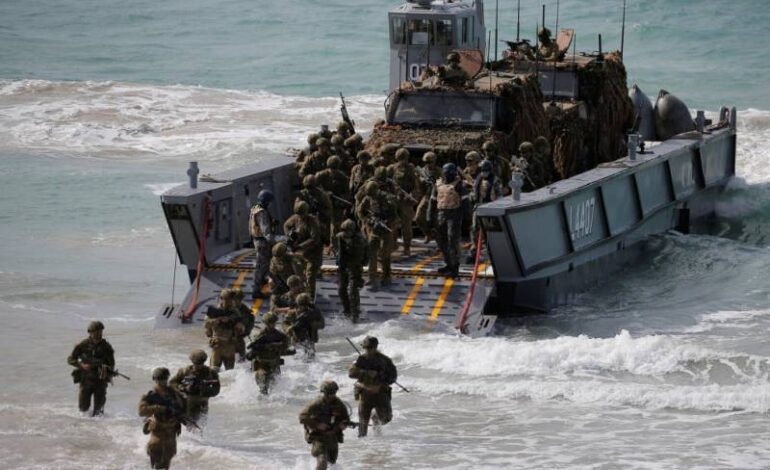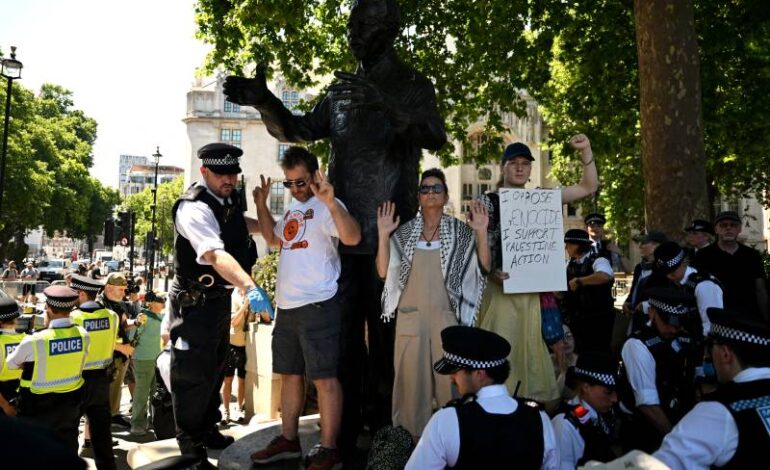
Australia Warns of Likely Chinese Surveillance During Joint Military Drills with US
Australia has said it expects Chinese surveillance during the multinational Talisman Sabre military exercises launching this week, a signal of rising security tensions in the Indo-Pacific region.
Speaking to local media on Sunday, Minister for Defence Industry and Pacific Island Affairs Pat Conroy confirmed that China has historically monitored these exercises and is likely to do so again. “The Chinese military have observed these exercises since 2017, and it would be very unusual if they didn’t do that this time,” Conroy stated.
More than 30,000 troops from 19 nations, including the United States, are participating in the drills, which span across various Australian territories and parts of Papua New Guinea. These exercises are aimed at strengthening interoperability among key allies and reinforcing regional stability.
Conroy noted that while intelligence gathering during such events is not uncommon, the Australian Defence Force is prepared. “We’ll monitor their presence and manage any potential intelligence leakage accordingly,” he said.
Amid these concerns, Conroy reiterated Australia’s belief that China is actively seeking to establish a military base in the South Pacific—an accusation repeatedly denied by Beijing. “We are working very hard to be the security partner of choice in the Pacific, because we do not view the establishment of such a base as optimal for regional peace,” he added.
Australia’s suspicions follow a 2022 security pact signed between China and the Solomon Islands, which many Western governments, including the United States, fear could pave the way for a future Chinese military installation in the region.
China has dismissed such allegations as politically motivated, calling them “false narratives.” Its embassy in Fiji recently argued that claims of a military base are driven by ulterior motives designed to undermine Beijing’s growing influence in the Pacific.
The South Pacific has become a central arena in the broader strategic rivalry between China and the West. Beijing has significantly increased its investments in infrastructure and development across island nations like Kiribati, Solomon Islands, and Nauru, many of which have recently switched diplomatic allegiance from Taiwan to China.
Prime Minister Anthony Albanese is currently on a six-day visit to China, aimed at reinforcing trade ties after years of diplomatic strain. However, the security backdrop of his visit underscores the complex dynamics shaping Australia’s foreign policy—balancing economic cooperation with China against growing strategic concerns.
As Talisman Sabre drills unfold, Australia continues to walk a diplomatic tightrope between economic engagement and national security in one of the world’s most contested regions.






